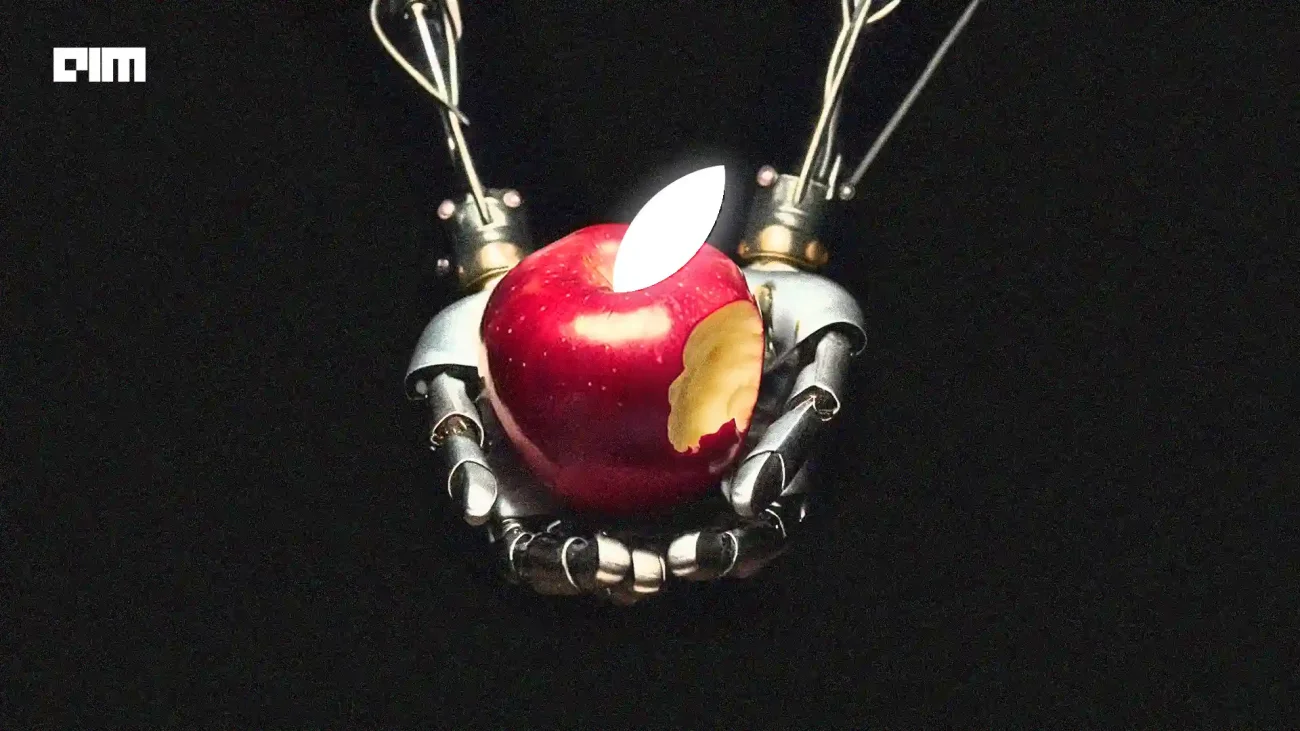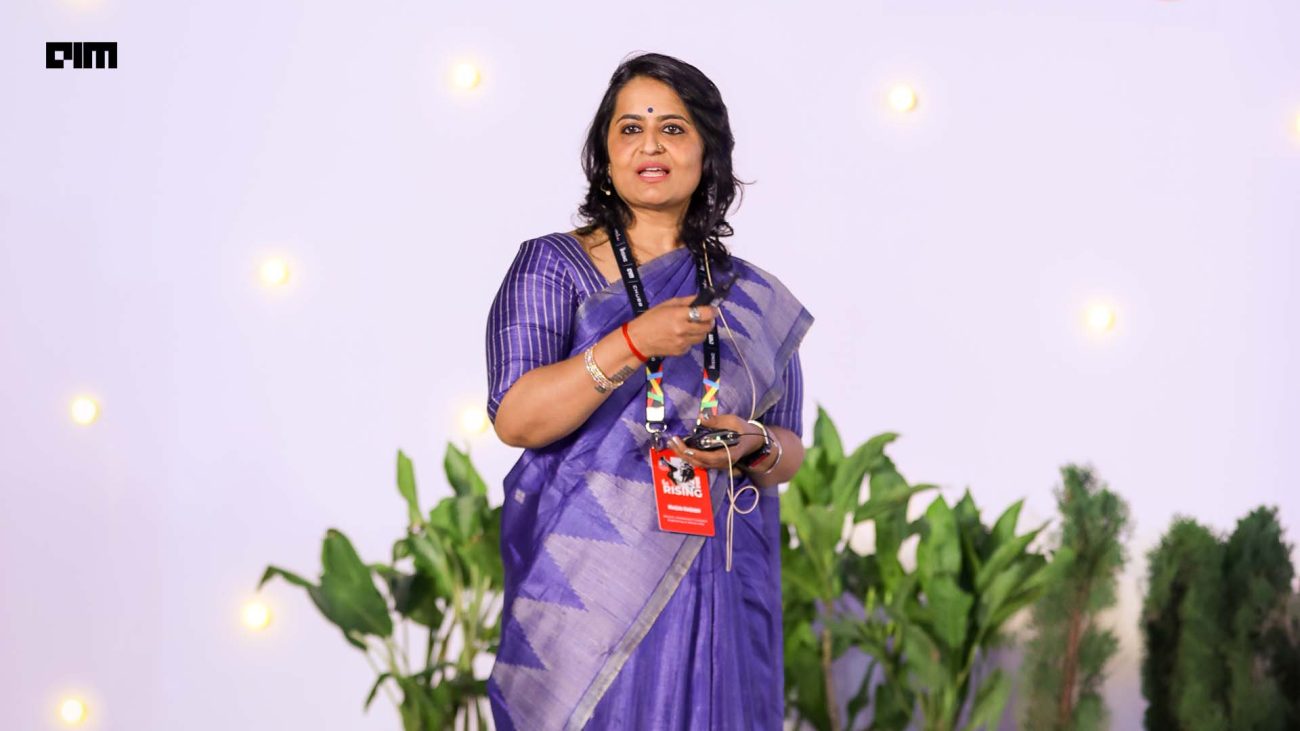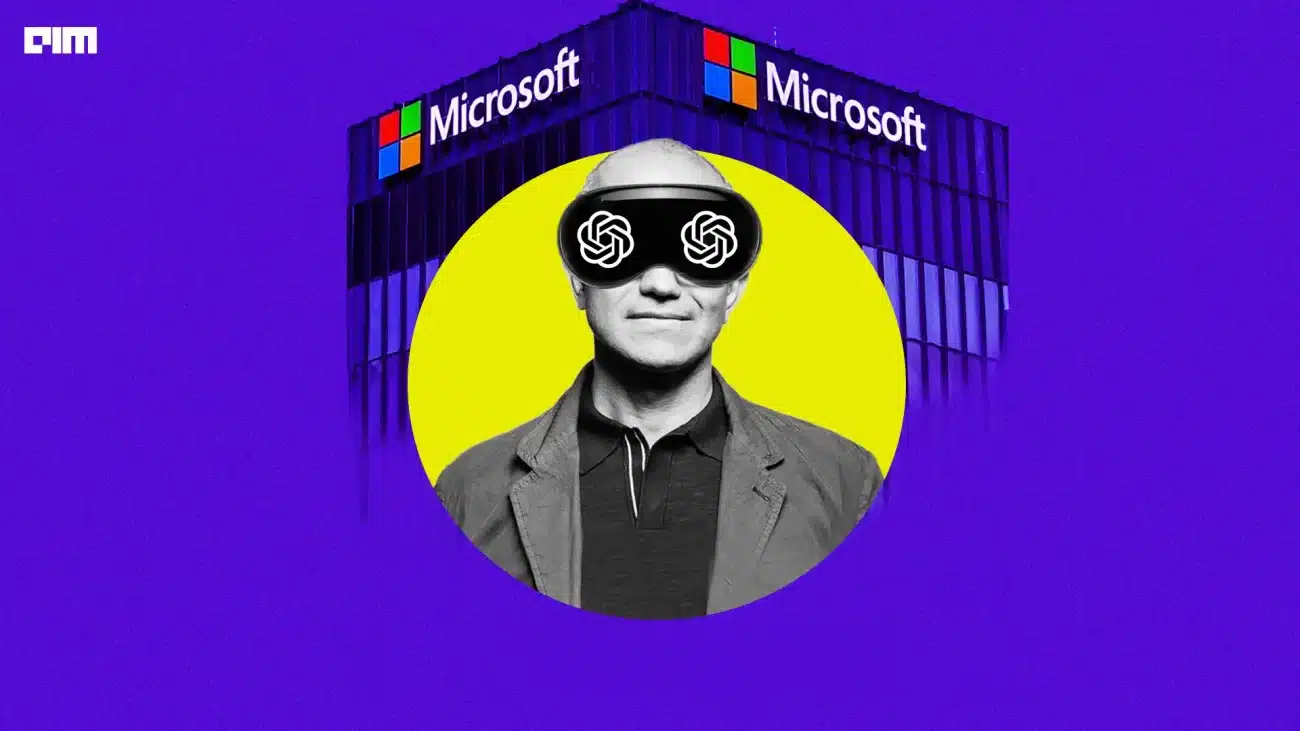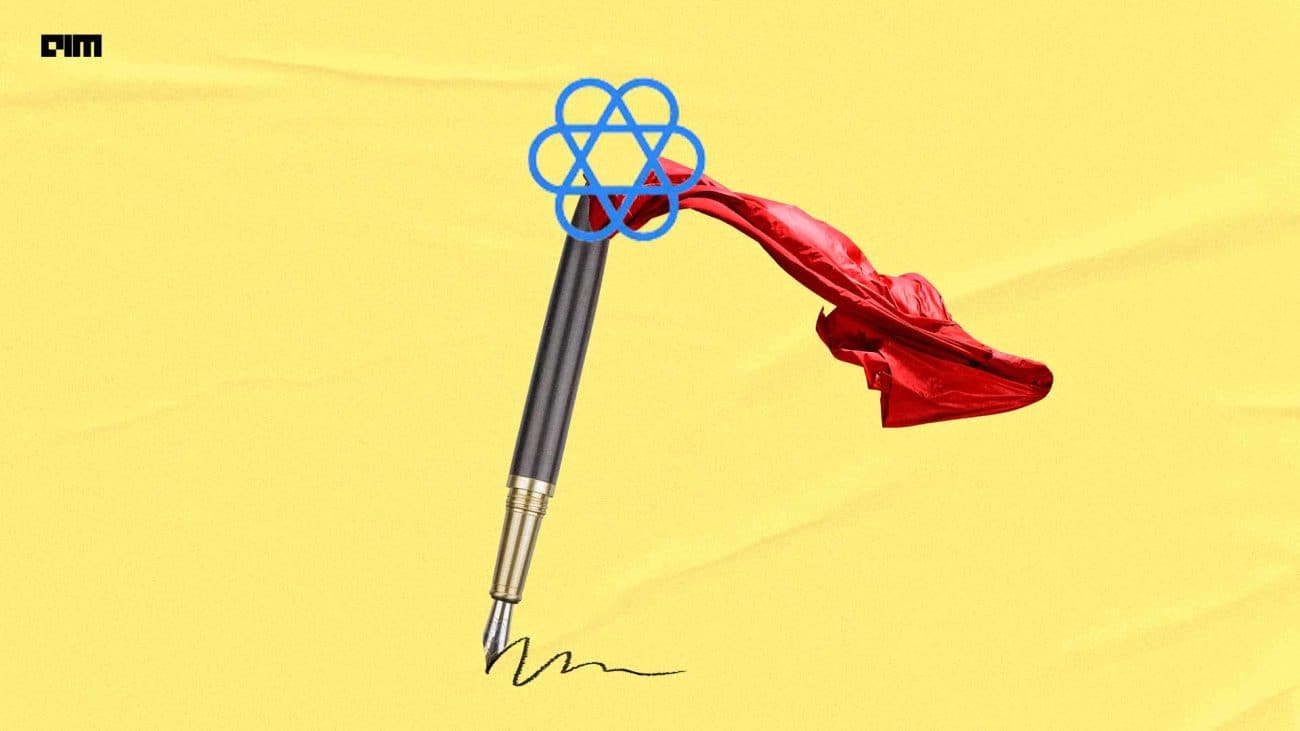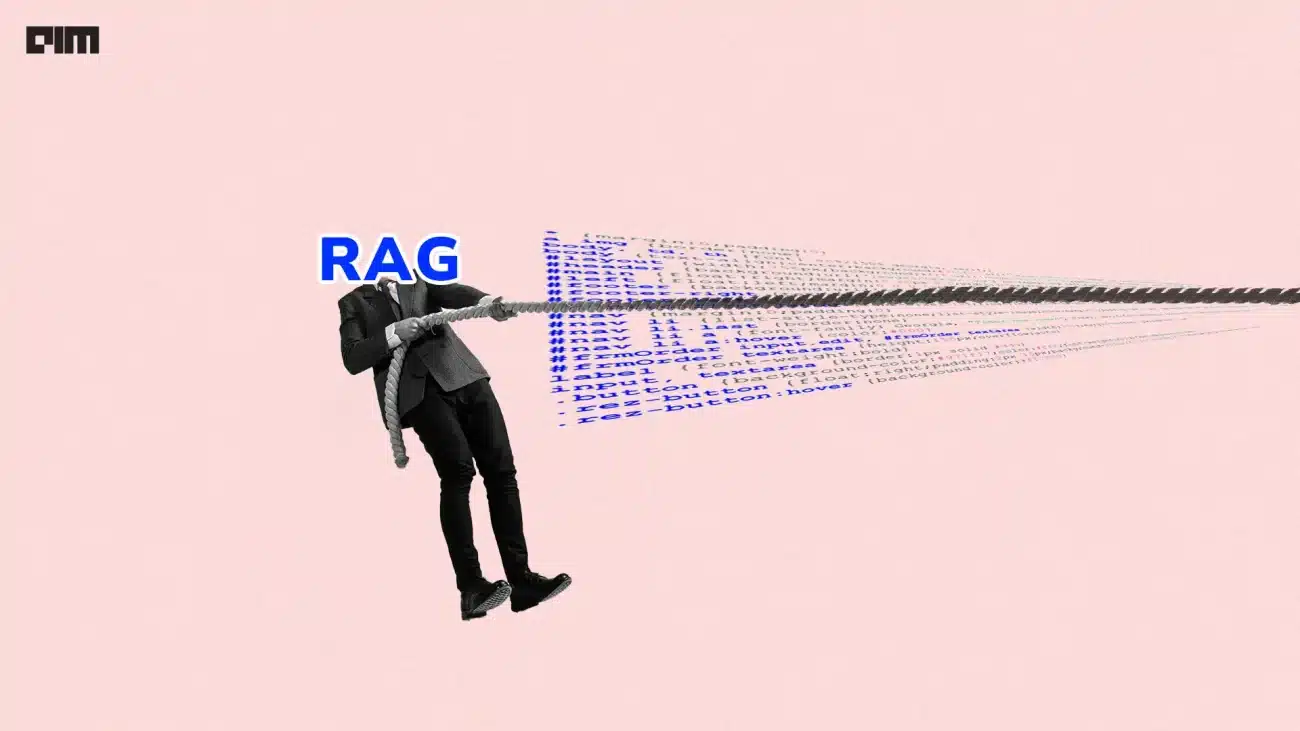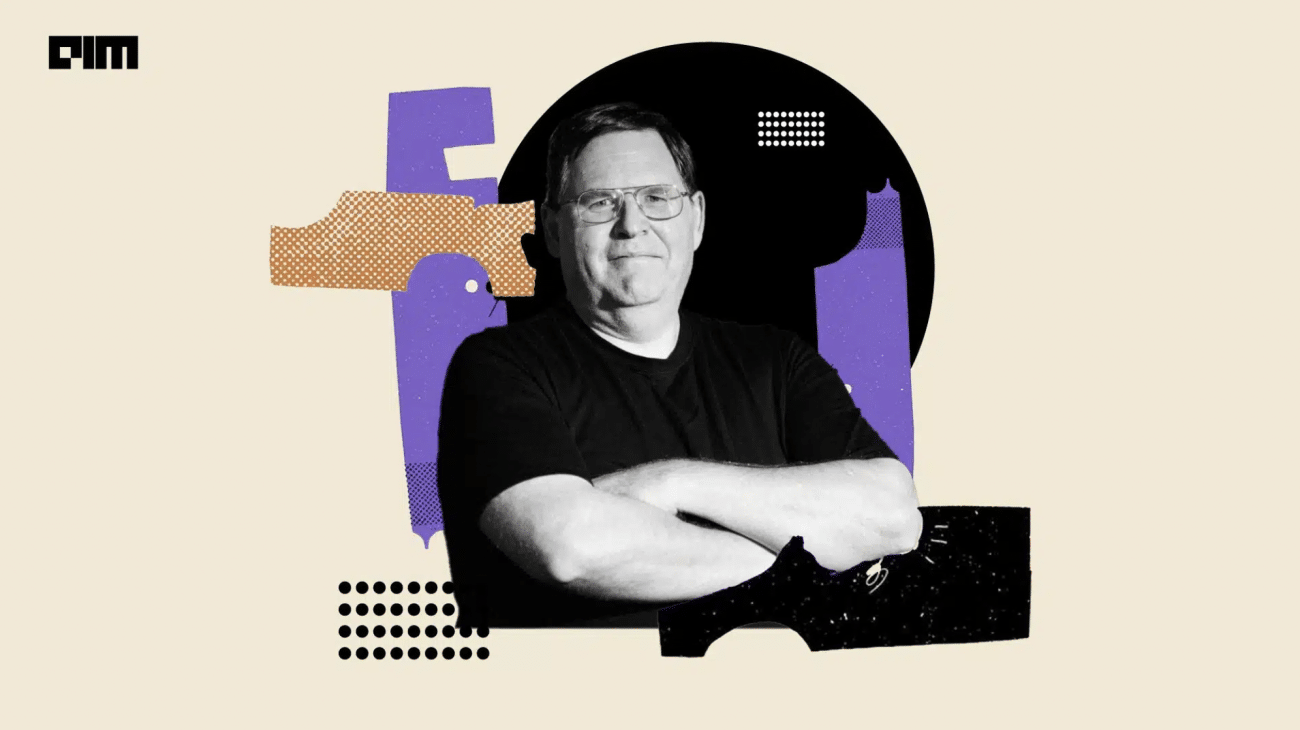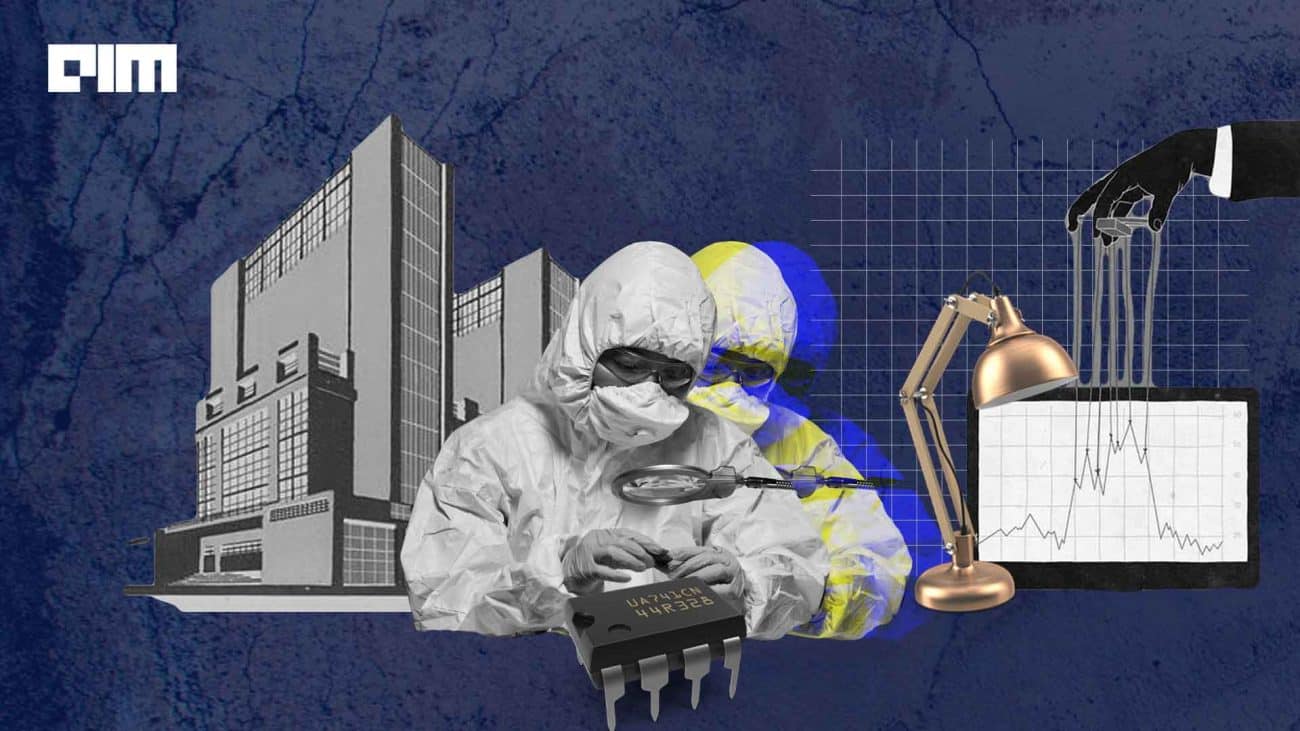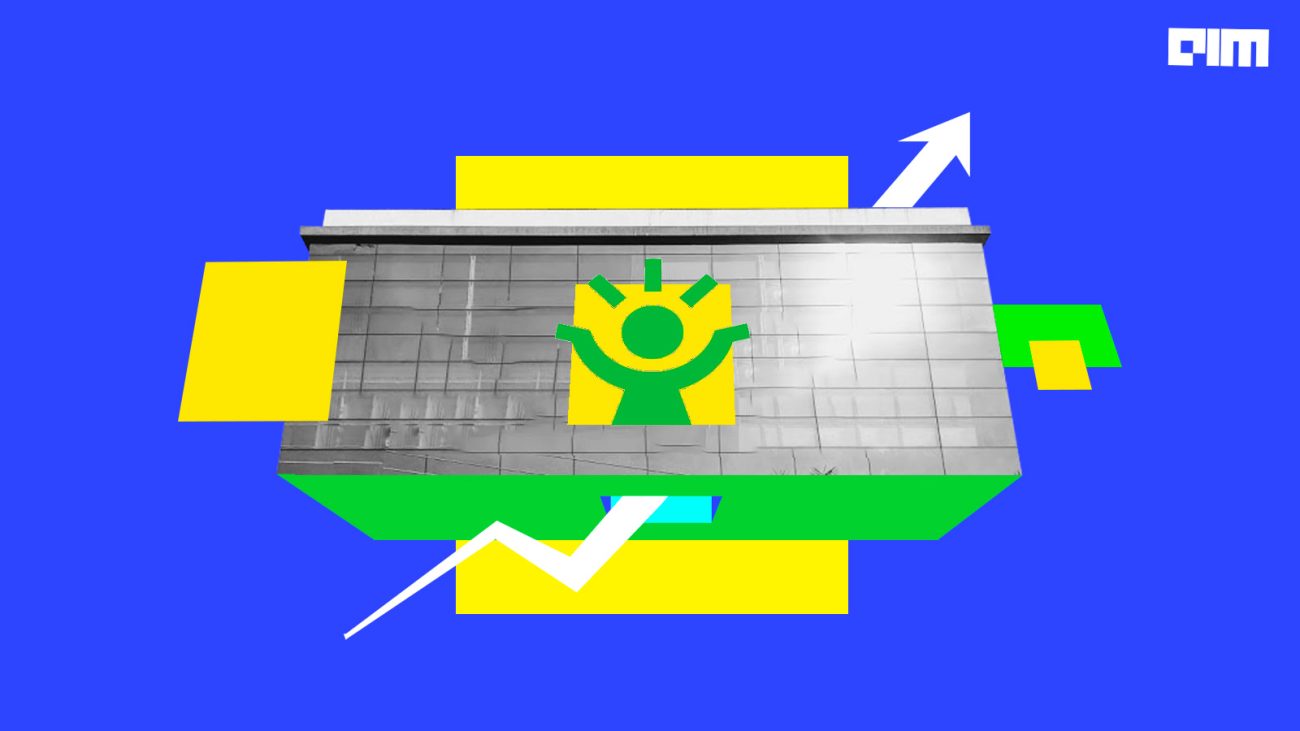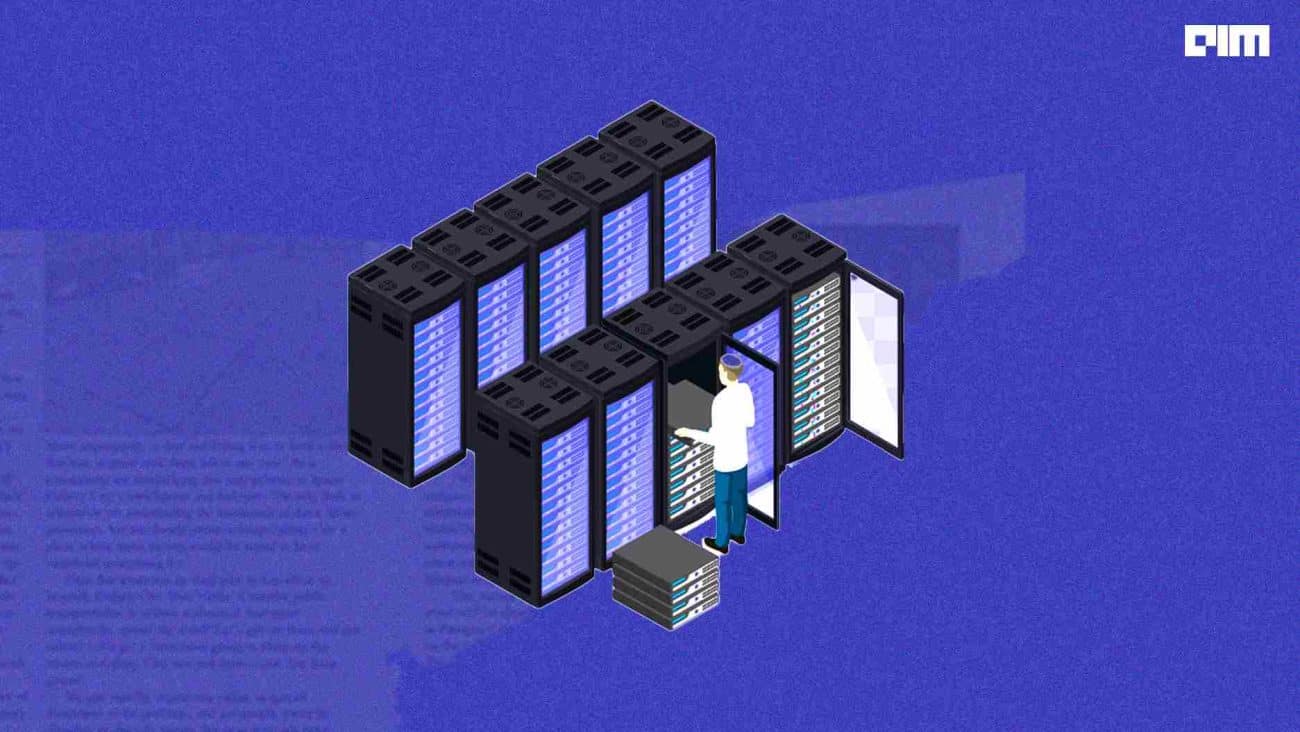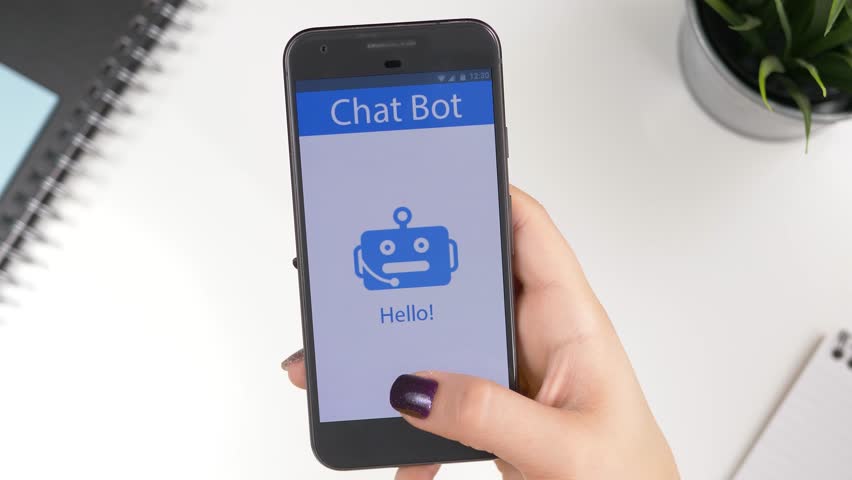
It is one of the fastest growing fields in healthcare that lies at the intersection of technology and medicine. Health Informatics, built on the concepts of big data and analytics is poised to transform healthcare and biomedicine by identifying trends that give insight on the condition of patients and also improve the care processes. Health Informatics also helps in improving the quality of care by generating better information and knowledge from patient’s data to improve quality of healthcare and reduce care cost.
A NCBI article defined Informatics as a field devoted to the use of data, information, and knowledge to improve health, healthcare, public health, and research by capturing, analyzing, and making actionable data from the entire spectrum of care. In short, health informatics gives real-time access to data and digitally captures the entire care experience, thereby improving patient outcomes.
What makes Health Informatics a booming field
Nowhere is the big data boom more impactful than healthcare. The recent wave of digitization in healthcare – coupled with the use of HIT systems that integrate electronic health record (EHR) has increased the amount of data that is digitally gathered at every encounter a patient has with a healthcare provider. This data can improve the care delivered to this patient and can also be re-used for research.
Growing volumes of healthcare data has led to an increased need for technicians to organize and manage the associated information in all areas of the healthcare industry. According to the Bureau of Labor Statistics, job opportunities for health information technicians is projected to grow 13 percent from 2016 to 2026, faster than the average for all occupations. In 2017, there were approximately 12,000 to 50,000 new job openings and the Bureau of Labor Statistics cited medical records and health information technicians as one of the 20 fastest growing occupations in the US.
Health Informatics can lead to a wide career path
Professionals who wish to chart a career in this field need a wide range of technical and analytics skills – programming skills with data-oriented tools like SQL, statistics, healthcare domain knowledge and most importantly communication skills to make sense of huge volumes of data and present their findings. Not only that, health informaticians don’t just perform analysis of data but also support the collection, optimize its quality, and apply its results to improve quality of care delivery to patients.
Health informaticians also have a wide career path – professionals are not only needed in hospitals and clinical settings but are also in high demand within academics for research work on newer technologies to improve the care process. They are also needed for other roles, such as for vendors who build and install HIT systems, public health agencies at the state and local levels, and health-promotion organizations.
Health Informatics is no longer just the domain of physicians, the widespread use of technology has opened the field to a much broader audience such as science or engineering and clinical backgrounds.
University of San Francisco’s Health Informatics Degree Advantage
University of San Francisco’s comprehensive Master of Science in Health Informatics program trains the next generation of informaticists in the art and science of health data analytics. The program covers the entire breadth of programming, statistical tools and cutting-edge machine learning methods and also helps in developing essential skills such as project management.
According to Dr. William Bosl, Professor and Program Director of the Master of Science in Health Informatics program, “We have a strong technical program that introduces all students to basic data analysis tools. Students who are interested can learn more advanced programming and data analytics. We also have a strong entrepreneurial focus for those who are interested in digital health startups. Finally, our faculty are involved in an enormous number of external collaborations and have founded digital health startups. Our research collaborations include some of the finest medical schools and healthcare organizations in the world (UCSF, Harvard, Oxford, to name a few)”.
Who’s the best fit for this program
- Students from a clinical background such as MD, RN, DPT, Allied Health
- Students with a science/engineering background
- Healthcare executives/ Health IT leaders who want a broader understanding of informatics
- Pre-medical and pre-health undergraduates who want a deep immersion in biomedical informatics
Hard Facts
- Curriculum: Program cover 36 units
- Duration: 5 semesters, however one can also complete the program in 3 semesters
- Apply: To apply for 2018, click here
- Job roles
USF graduates are working across large hospitals, research institutions, startups, global health organizations in the capacity of Clinical Data Analyst, Director of Clinical Informatics Research, Statistical Analyst, Senior Programmer Analyst and Advanced Research or Clinical training (MD, DNP, PhD in Biomedical Informatics).
AIM View: Let’s outline how USF’S Master of Science in Health Informatics scores over other programs
- Entrepreneurial Perspective: USF’s Master of Science in Health Informatics also has a strong entrepreneurial focus for those who are interested in digital health startups. Located in the heart of Silicon Valley, the program engages with the Silicon Valley startup community, helping students follow up with intrapreneurial work as part of the health economics and consumer health courses. Students who are interested can also get startup mentoring opportunities.
- Health Data Analytics track: The program’s focus on data analytics is what sets it apart from other MS programs that dive into the basics of medical informatics and the theory behind it. USF’s Health Informatics degree offers a Clinical Informatics track for students, looking for advanced training in machine learning, natural language processing, nonlinear signal processing, bioinformatics, and advanced statistical methods. This can open opportunities in clinical research informatics.
- International students: Healthcare is seeing a massive data-led disruption and some of the major breakthroughs are coming from Silicon Valley startups – merging tech and healthcare with innovative solutions. Students from the international community are well-positioned to land a job in this lucrative and robust health tech market. International students are also eligible to work for 36 months in the U.S. after completion of the Master of Science in Health Informatics (MSHI) program via the OPT program and STEM extension.
- Stepping stone for medical school/PhD programs: Health informatics is now a board-certified specialty for physicians (“clinical informatics”). This means that the American Medical Association recognizes the field as a specialty for physicians. If you are planning to apply to medical school, and have an MS degree in health informatics, you will already stand out among applicants.
- Internship Opportunities: This is one of the most rigourous and in-depth programs that provides students with hands-on experience to apply classroom learning effectively. Students are required to complete a Capstone Experience consisting of original research, substantial project in health and biomedical informatics, or an internship with industry partner. USF provides support to students in finding their internships and projects.
- Opportunities abound in quantitative & health entrepreneurship: Participants can choose to advance on the big data curve by learning the quantitative aspects of informatics, such as health data analytics, biosignal and image processing, or statistical computing while those interested in project management can choose to emphasize on clinical, managerial, or consumer health entrepreneurship.
Last Word
With healthcare moving increasingly toward personalized medicine, and preventive monitoring and intervention, professionals with health and biomedical informatics skills will be in demand to build the systems that make all this possible, emphasized Dr Bosl, adding how informatics is going to be an invaluable skill for healthcare practitioners. “Healthcare organizations everywhere are under pressure to improve outcomes and the best way to do this is to study their data. The demand for healthcare professionals who know how to work with data is thus growing rapidly. Nursing programs may also soon require faculty who teach general nursing informatics to have an advanced credential in this field,” said Dr Bosl, in closing.














